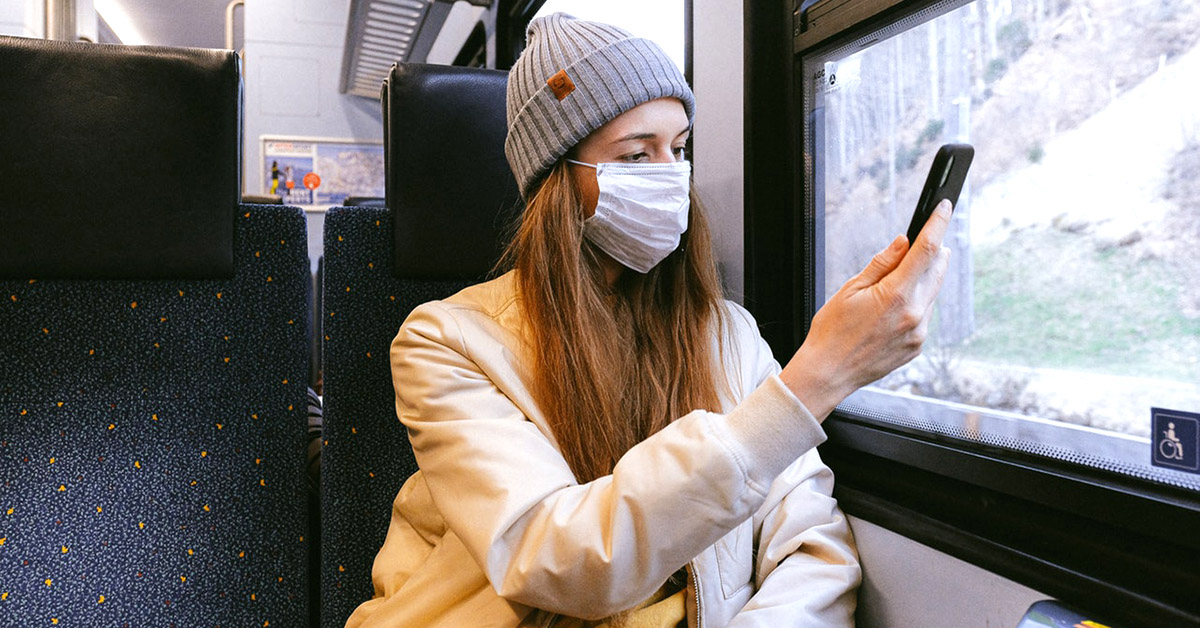School of Public Health researcher Jude Mikal is examining whether social media can be leveraged by users to exchange helpful information and resources, and provide beneficial socio-emotional support during the COVID-19 pandemic. The study is being funded by the Office of Academic Clinical Affair’s Rapid Response Grant Program and builds on previous research by Mikal delving into how breast cancer patients use social media during their illness to combat stress and improve well-being.

Previous research has shown that social media is an effective way for people to transfer advice, information, and resources during stressful events. Online social engagement can also provide an important sense of continuity when face-to-face routines and social circles are disrupted due to, for instance, the need to practice social distancing.
“By helping individuals connect socially, social media has the potential to combat the ill-effects of stress and to promote physical well-being through health promoting behaviors and compliance with health recommendations,” says Mikal. “Also, the creative use of social media — and the nature and content of social media use — is likely to change drastically as social distancing, and ultimately, self-quarantine linger on.”
Mikal is partnering with SPH researcher Stuart Grande to gather qualitative data using open-ended surveys, Skype interviews, and daily activity logs. Mikal will use the data to determine how well social media can:
- be leveraged to share information on global, national, and local news;
- provide valuable resources to individuals coping with increased family care obligation;
- exchange emotional support to combat isolation;
- be used to improve mental health outcomes related to isolation, depression, and anxiety;
- and increase awareness of and compliance with CDC recommendations for social distancing.
“We will be collecting data throughout the ‘shelter in place’ order to look longitudinally at how people’s social media use grows and changes over time, and whether increased engagement is associated with positive or negative mental health,” says Mikal. “I’m also interested in some of the pitfalls of social media engagement during periods of isolation and characterizing what makes related social media content good and what makes it bad.”
Mikal plans to share the findings as soon as possible in yet to be determined ways and gear them toward individuals facing social isolation during the COVID-19 pandemic and those who may be coping with longer-term self-quarantine.

